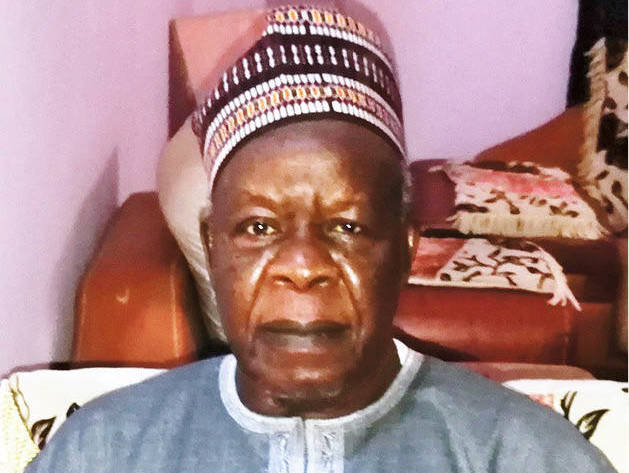One national education policy a mistake says ex-minister, Brimah
A former Minister of Education, Dauda Birmah, has said the present educational system is ineffective when compared to what was obtained some years back, as it is based on a single national policy on education. Birmah, in an interview with Daily Trust said: “The problem is that there is only one national policy on education. […]

A former Minister of Education, Dauda Birmah
A former Minister of Education, Dauda Birmah, has said the present educational system is ineffective when compared to what was obtained some years back, as it is based on a single national policy on education.
Birmah, in an interview with Daily Trust said: “The problem is that there is only one national policy on education. When I saw it I said it was a mistake and I still believe it was a mistake.”
- Maize Farmers Angry With State Of Silos In Rivers
- Dangote Distributes Tomato Seeds To 5000 Farmers In Kano
“How can you say Zamfara and Ogun are running the same type of education curricular? How can you say Taraba or Yobe are running the same with Delta or Imo, these people started differently, Taraba, Zamfara, Yobe are not less than 70 years behind Ogun, behind Delta and Imo,” he said.
The former minister explained that in the national policy of education, there should be allowance for a state to have its policy of education, saying, “They are in the same country but there must be policies which suit every state so that even if they don’t catch up, they can discover the crown which they have lost.”
“If Zamfara is allowed to craft its education policy, it has peculiarities that must be addressed but not to focus their attention on the federal government. If we do not do that, we shall continue to get it wrong. We need to put our micro vision on our respective areas.”
The minister suggested that the education curriculum should be such that Yobe would have its education policy, Zamfara, Imo would all have their education policies but “our orientation is such that we are all focusing our eyes on the federal government; we are not focusing our eyes on our respective stakeholders.”
He noted also that the number of people who should be educated, compared with the infrastructure of education, is far from what is globally acceptable.
“There are people who would write now and immediately you read it you want to vomit because what they write is nonsense; the educational system has really gone down,” he said.
Brimah said during his university days, there were just 35 of them in the class and they had eye contact with lecturers and that every single book they wanted was in the library.
“There were no handouts, there were no photocopies. You go to the library and sit in the library, but now are there libraries? Are there places for students? So education has gone down,” he said.
